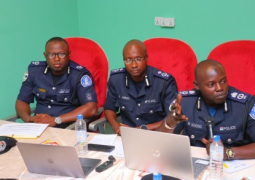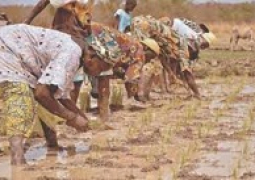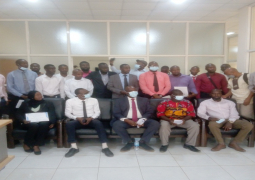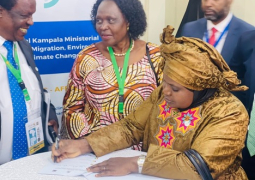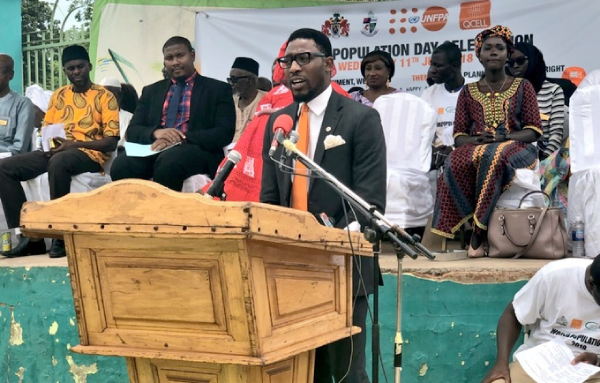
Speaking at the commemoration held at State House, Vice President Dr. Isatou Touray said the unforeseen challenges of the COVID-19 pandemic is the fastest-growing public health crisis in a century, which according to UNFPA, has disrupted health systems and economies and is taking a toll on people all over the world.
She said that during epidemics, the very measures taken to protect populations and keep health systems resilient generally leave-out vulnerable groups like women and girls.
Given the disproportionate impact of the COVID-19 pandemic on women and girls, especially on their sexual and reproductive health and rights, the theme for this year’s celebration cannot be more apt, she added.
“Recent progress towards more effective and inclusive health systems and gender equality may be reversed if action is not taken now to limit the fallout.”
A recent UNFPA research highlighted that if the lockdown continues for six months with major disruptions to health services, then 47 million women in low and middle-income countries may not be able to access modern contraceptives resulting in seven million unintended pregnancies.
The research furthers stated that 31 million additional cases of gender-based violence can also be expected. The disruption of UNFPA programmes on the ground could result in two million cases of female genital mutilation and 13 million child marriages between 2020 and 2030 that could have been averted.
Lala Jaiteh, deputy permanent secretary at the Ministry of Women, Children and Social Welfare said that nobody imagines the depth and breadth of the crisis that the world is facing today with COVID-19 severely affecting health, freedom of movement, food security, employment, education, trade and leisure – “there is hardly any aspect of our social and economic system that has not shackled or halted by the present crisis.”
She said that her Ministry is conducting a study on the socio-economic impact of COVID-19 on women and girls in order to assess its socio-economic, political and cultural impact through a gender lens; to provide an understanding of the challenges, policy and programme gaps women are facing in the country during this pandemic.
“Reports have reached us that most women are not reporting for anti-natal and post-natal services or infant welfare services for fear of contracting the Corona Virus. This can also result in severe health and reproductive health outcomes for mothers and their infant,” she said.
The representative of UNFPA, Kunle Adeniyi, said that the COVID-19 pandemic presents a challenge to reline their thinking and strategies on ways to better cater for the needs of Gambian women and girls.
He said this pandemic is a reminder of the importance of global, national and communities to take this partnership and collaborating efforts.
He assured that the United Nation Population Fund is committed to continuing supporting the government and the people of The Gambia throughout this pandemic and beyond.
“As all means by focusing on investing uninterrupted supply of modern contraceptive and reproductive health commodities and ensuring the continuity of the essential maternal health care services all over the country.”
Read Other Articles In National News
